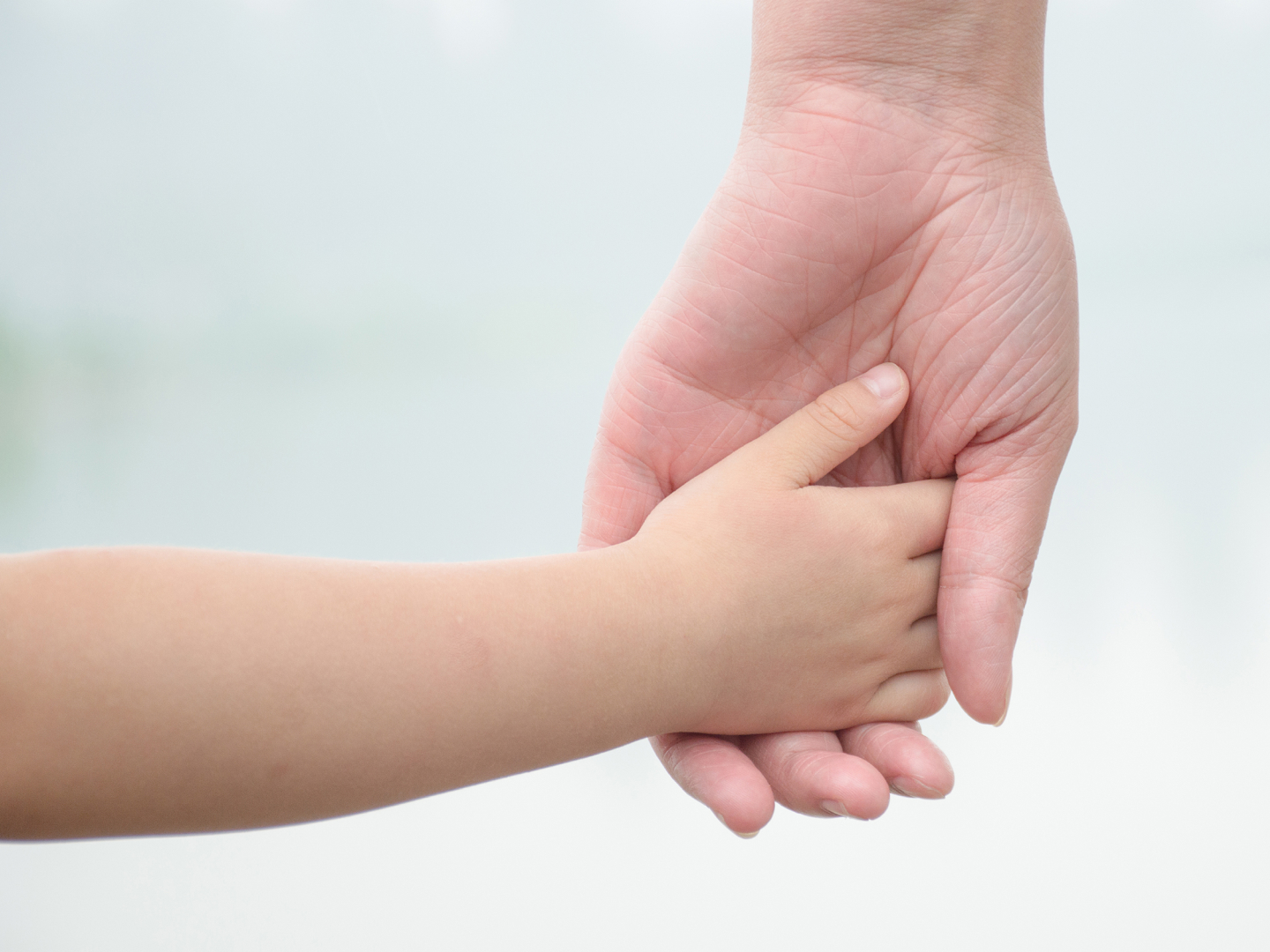
Guardianship
What is guardianship
Guardianship gives a person the legal responsibility to care for a child below 21 years of age.
A parent or a court-appointed guardian may apply under Section 5 of the Guardianship of Infants Act for orders on custody, care and control, access and maintenance for the child. However, Section 5 of the Guardianship of Infants Act does not confer on the courts a general and broad discretion to appoint guardians.
Sections 6, 7 and 10 of the Guardianship of Infants Act provide for the appointment of a guardian. Outside of the circumstances set out in these sections, the court may also appoint guardians when exercising its wardship jurisdiction, provided that it is necessary for the protection of the child.
Adults other than parents or court-appointed guardians may invoke wardship jurisdiction in limited circumstances where the child is in need of protection.
Becoming a guardian
There are several ways in which a person may become a guardian of a child.
Under Section 7 of the Guardianship of Infants Act, a parent may appoint any person to be a guardian of a child after their death in a deed or will.
Under Section 6(1) of the Guardianship of Infants Act, the surviving parent will become the guardian of the child, together with any other guardians that had been appointed by the deceased parent.
Under Section 6(3) of the Guardianship of Infants Act, the court may appoint a person to become a guardian of a child when an application is made if the child has no parent, no guardian and no other person having parental rights with respect to them.
Under Section 10 of the Guardianship of Infants Act, the court may also remove an existing guardian and appoint a replacement guardian.
The court may appoint a person to be the guardian of a child for his or her protection under its wardship jurisdiction under Section 17(1) of the Supreme Court of Judicature Act and Section 22(1)(a) of the Family Justice Act.
Resources
- Specimen Government Medical Certificate (DOCX, 18 KB) for absence from court attendance.
Legislation associated with this topic includes:
- Guardianship of Infants Act.
- For filings commenced on or after 15 October 2024, refer to:
- Part 5, Part 6, Part 7 (Division 1), Part 8 and Part 15 of the Family Justice (General) Rules 2024.
- For filings commenced before 15 October 2024, refer to:
- Part 8, Part 18 (Divisions 3, 4, 6, 14, 24 and 38) of the Family Justice Rules 2014.
For filings commenced on or after 15 October 2024, refer to:
- Part 4 of the Family Justice Courts Practice Directions 2024 for the general procedure.
For filings commenced before 15 October 2024, refer to:
- Part XIII of the Family Justice Courts Practice 2015 for the general procedure.
Related questions
A guardian is given the legal responsibility to care for a child while an adoptive parent is given parental responsibility for a child.
The adoptive parent is formally recognised as the legal parent of the child, while the appointed guardian is not.
Refer to Adoption to find out more about the adoption process.








